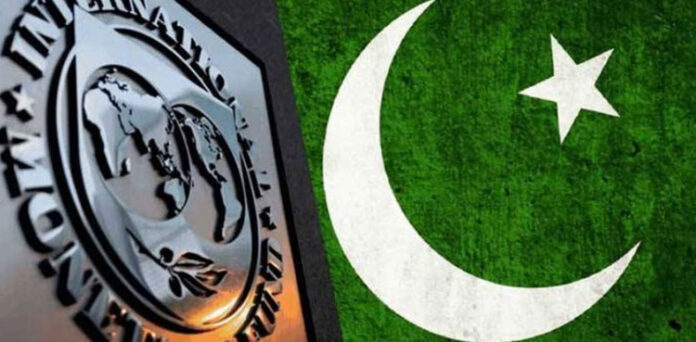Mini-Budget
On Thursday, Pakistan is likely to introduce a mini-budget due to challenges faced by the Federal Board of Revenue (FBR) in achieving its tax collection targets.
According to sources, the FBR is expected to collect a total of Rs2,654 billion in taxes for the first quarter of the fiscal year 2024-25. Out of this, Rs1,190 billion is required to be collected in September 2024 alone.
The potential shortfall in meeting these targets could lead the International Monetary Fund (IMF) to pressure Pakistan into implementing a mini-budget as part of the conditions for finalizing a $7 billion loan deal.
The looming threat of not meeting these targets could have significant implications for Pakistan’s financial stability and its relationship with international lenders.
In response to the FBR’s difficulties, the Pakistani government is reportedly considering several measures to enhance tax collection efforts. These include stricter enforcement against tax defaulters and potential amendments to the Finance Bill to address current deficiencies.
Additionally, there are concerns about individuals who fail to file their income tax returns by the September 30 deadline.
Such individuals could be classified as late filers, leading to penalties including higher withholding taxes on income, increased vehicle token taxes, and additional taxes on property transactions.
The proposed mini-budget could grant tax authorities increased powers to tackle non-compliance more aggressively.
This could result in more stringent measures being taken against those who fail to meet their tax obligations, further impacting the tax landscape in Pakistan.
Furthermore, the IMF has expressed concerns about the rising circular debt within Pakistan’s power sector. During recent virtual discussions, Pakistani authorities revealed plans to increase the circular debt by an additional 100 billion rupees in the current fiscal year.
This development has added to the IMF’s apprehensions and underscores the broader fiscal challenges facing the country.
The introduction of a mini-budget is seen as a necessary step to address these fiscal pressures and secure the much-needed loan from the IMF.
The government’s ability to navigate these challenges effectively will be crucial in stabilizing Pakistan’s financial situation and maintaining its relationships with international financial institutions.


